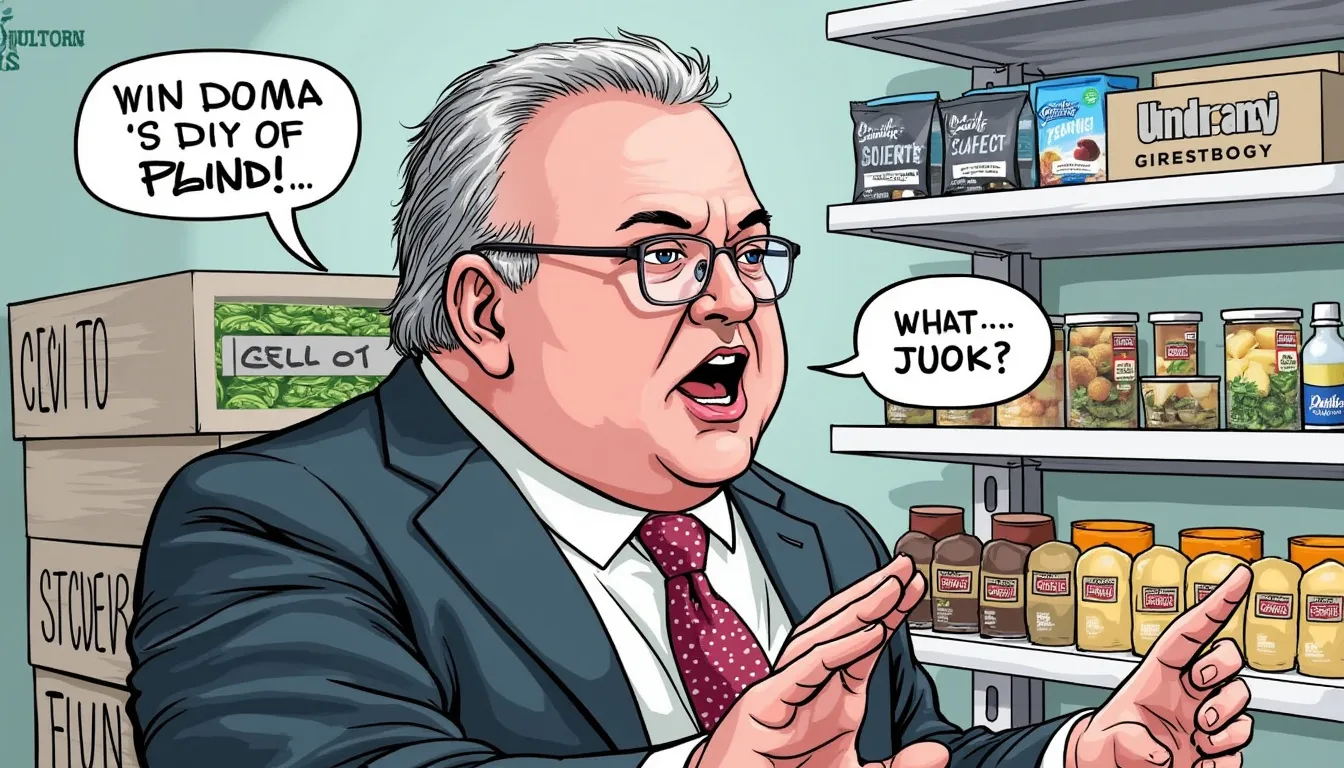
We’re ‘Addressing the Core Issues of Climate Change’ – Tim Walz Discusses His Detailed Strategy to Lower Grocery and Gas Prices
In a recent video discussion, Minnesota Governor Tim Walz outlined his administration’s strategy for tackling climate change, asserting that his approach addresses the fundamental issues affecting both the environment and the economy. However, critics are raising concerns about the potential implications of these policies as the 2024 presidential campaign approaches.
Economic Impact of Climate Policies
The implementation of Walz’s climate-related measures has reportedly contributed to significant increases in consumer costs. According to analysis, gas prices have surged by 35% and grocery prices have risen by 21.5% since these measures took effect. Critics argue that these economic impacts could deepen as more rigorous climate policies are enacted.
Specific Policies and Their Effects
Walz’s climate plan includes ambitious goals such as implementing a ban on fracking, mandating a net-zero electric grid by 2035, and achieving full net-zero emissions by 2050. Detractors argue that such policies could devastate fossil fuel-reliant states like Pennsylvania, potentially leading to significantly higher energy costs for residents and businesses alike.
Comparison with Other States
Examining Minnesota’s approach, where Walz has mandated a complete end to carbon-producing energy by 2040, concerns have been raised about the state’s growing reliance on intermittent wind and solar power. This transition is projected to incur costs upwards of $340 billion, potentially leading to rolling blackouts and further destabilizing the energy grid.
Criticism of Energy Policies
Critics of Walz’s policies contend that the shift towards renewable energy sources will significantly increase electricity rates. Manufacturers in Minnesota have already reported shutting down operations due to soaring energy costs, raising alarms over job losses across the manufacturing sector.
International Comparison
The article also draws parallels between Minnesota’s approach and the UK’s recent adoption of net-zero policies. The UK has experienced its worst peacetime economic growth since 1780 amidst rising electricity prices for both consumers and businesses, suggesting that similar outcomes could arise in the United States if Walz’s plan is implemented.
Conclusion
As Governor Tim Walz advances his climate change strategy, the economic implications of his proposed policies warrant careful scrutiny. While aiming to address climate concerns, critics remind us that the consequences of such measures could exacerbate financial burdens, particularly in states where fossil fuel production is a critical part of the economy.
As the 2024 presidential campaign looms, the discourse regarding climate policy will undoubtedly intensify, raising fundamental questions about the balance between environmental responsibility and economic viability.
